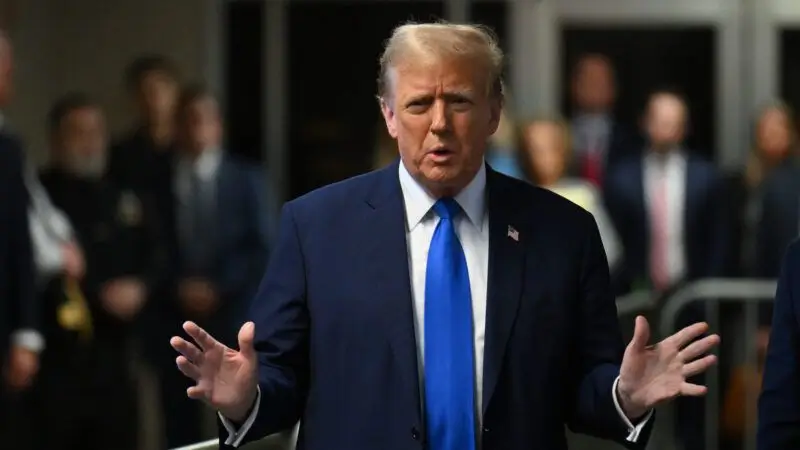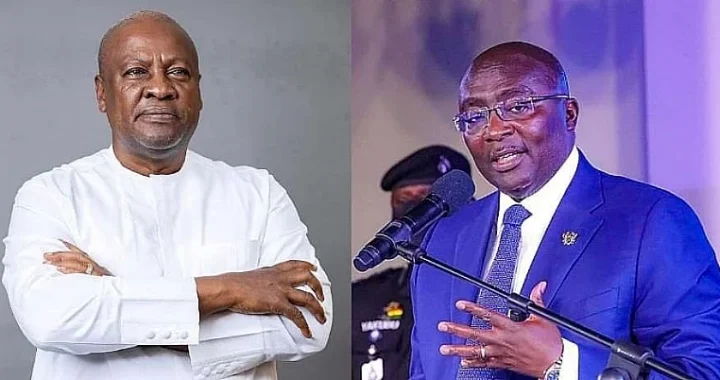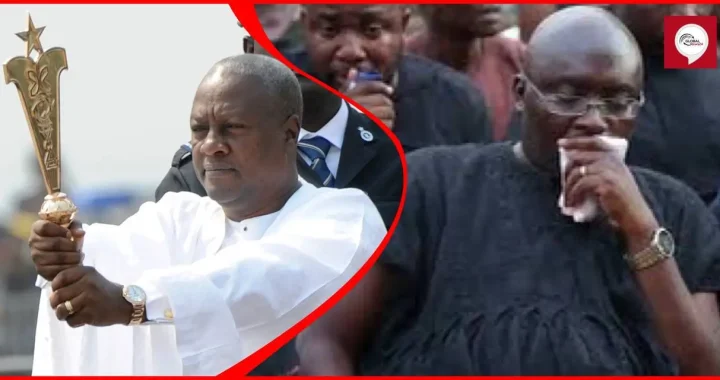Supreme Court to Decide Whether Donald Trump Can Be Criminally Prosecuted

Supreme Court to Decide Whether Donald Trump Can Be Criminally Prosecuted - GlobalCurrent24.com
The US Supreme Court to decide whether Trump can be prosecuted criminally after he was charged with multiple counts of charges.
Donald Trump is currently facing criminal charges in a New York state trial. However, on Thursday, his lawyers will argue before the Supreme Court that as a former President, he is virtually immune from criminal prosecution, laying the groundwork for one of the most momentous judgments on presidential power in generations.
The case, Trump v. United States, which is scheduled to be heard on the court’s final day of arguments, will determine whether and when Trump will face trial in Washington, D.C. for allegedly attempting to reverse the 2020 election results.
Lower courts have already rejected Trump’s broad claim of immunity from prosecution, but he has appealed to the Supreme Court in an attempt to prevent the trial from proceeding as planned.
At the heart of the problem is a fundamental but unsolved legal question: can a former President have immunity from criminal prosecution for activities made while in office? Trump’s legal team maintains that his fraudulent claims of election fraud, as well as his attempts to convince state officials and Vice President Mike Pence to reverse the 2020 election results, were official acts carried out under Trump’s presidential authority and so immune to criminal prosecution.
However, prosecutors for special counsel Jack Smith, who filed the charges, argue that no individual, regardless of prior office, should be above the law, and that the acts in question—allegedly orchestrating a scheme to recruit fraudulent electors—fall outside the scope of protected presidential conduct. Legal experts have highlighted that, while Justice Department policy typically protects sitting Presidents from indictment, there is no legal obstacle to prosecuting past officeholders.
The Washington election case is one of four felony charges that Trump is facing as he runs for re-election against President Joe Biden. The Supreme Court’s decision in this case could have an impact on three cases: the Jack Smith case, the federal case in Florida, where he is charged with illegally retaining classified materials after leaving the White House and obstructing government efforts to retrieve them, and the state case in Georgia, where he is accused of participating in a conspiracy to overturn the state’s 2020 election results.
The state case against him in New York, over his alleged falsification of company documents to cover up an old s*xual encounter in order to influence the 2016 election, would not be affected, because it addresses conduct that before he became president.
Trump’s lawyer, John Sauer, has argued in his defense that a President may only be criminally charged if he is impeached and convicted by Congress—even in hypothetical cases where the President orders the military to execute a political competitor or sells pardons to criminals.
(Trump was impeached twice as President and acquitted both times by the Senate; the second impeachment was for inciting the deadly Capitol riot on January 6, 2021.) Waldman predicts that the Supreme Court will revisit whether impeachment is a necessary prerequisite to presidential prosecution, given its constitutional role in defining the limits of executive authority.
READ ALSO: Minnesota Senator Nicole Mitchell Arrested and Charged For Burglary
 2024 Election Live Results: Former President Mahama Wins Election; Dr. Bawumia Concedes Defeat
2024 Election Live Results: Former President Mahama Wins Election; Dr. Bawumia Concedes Defeat  2024 Election Live Results: John Dumelo In Comfortable LEAD As Mahama Projected To Win
2024 Election Live Results: John Dumelo In Comfortable LEAD As Mahama Projected To Win  2024 Election Live Results: Provisional Results So Far; 5 Parliamentary Projections Declared
2024 Election Live Results: Provisional Results So Far; 5 Parliamentary Projections Declared  Election 2024: John Mahama Predicted To Win With 52.2%, Bawumia Trails With 41.4% – Full Report
Election 2024: John Mahama Predicted To Win With 52.2%, Bawumia Trails With 41.4% – Full Report  2024 Election in Ghana: Symbolic Meaning of NDC’s No. 8 on the Ballot Paper
2024 Election in Ghana: Symbolic Meaning of NDC’s No. 8 on the Ballot Paper  It is POSSIBLE NPP will lose the 2024 Election
It is POSSIBLE NPP will lose the 2024 Election  Accurate Football Predictions For Today, Saturday 8th March 2025
Accurate Football Predictions For Today, Saturday 8th March 2025  Champions League Predicted Correct Scores For Today, 5th March 2025
Champions League Predicted Correct Scores For Today, 5th March 2025